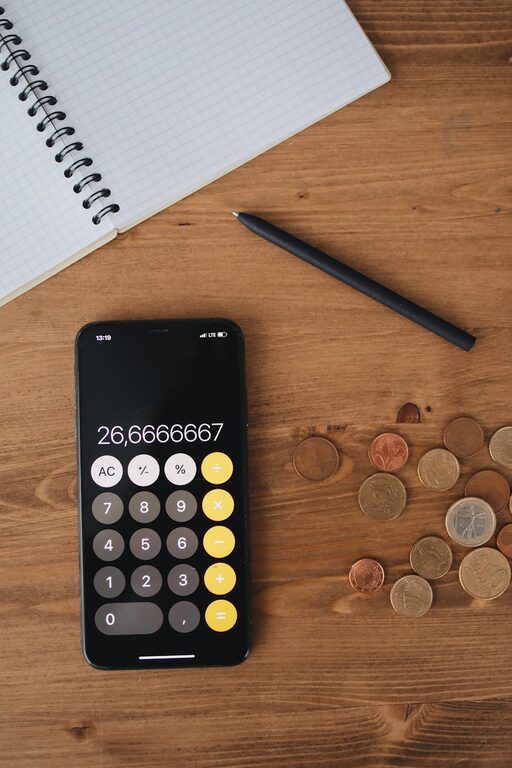Managing your money doesn’t have to be complicated or overwhelming. By adopting a few simple budget habits, you can take control of your finances, reduce stress, and build a more secure future. Budgeting doesn’t mean rigid restrictions—it’s about making small, manageable changes that fit your lifestyle and goals.
In this post, we’ll explore everyday budget habits that are easy to implement and can help you improve your financial health.
Why Budget Habits Matter
Budgeting is more than tracking expenses; it’s about creating a financial routine that works for you. When budgeting becomes a habit, you’re less likely to overspend, more aware of where your money goes, and better prepared for unexpected expenses. Habits make budgeting second nature, so it feels less like a chore and more like a regular part of your day.
Simple Budget Habits to Adopt
1. Track Your Spending Daily or Weekly
Keeping an eye on your spending is the foundation of budgeting. You don’t need complex spreadsheets—using a notebook, a budgeting app, or even receipts can help. Review your purchases daily or weekly to stay aware of your habits and identify where you might cut back.
2. Set Realistic Spending Limits
Setting spending limits for categories like groceries, entertainment, and dining out helps you stay within your means. Decide on a reasonable amount based on your income and adjust as needed. Start with a budget that feels achievable to avoid frustration.
3. Prioritize Needs Over Wants
Before making a purchase, ask yourself whether it’s a need or a want. Needs include essentials like rent, utilities, and groceries, while wants are non-essential items or experiences. Prioritizing needs helps ensure you cover essentials first, then allocate money for extras.
4. Save Automatically
One of the easiest budget habits is setting up automatic transfers to your savings account. Treat saving like a bill you must pay every month. Even small amounts add up over time and build an emergency fund or savings for future goals.
5. Use Cash for Discretionary Spending
Consider using cash for non-essential expenses like eating out or entertainment. Once the cash is gone, you stop spending in that category. This physical limit can prevent overspending and make you more mindful of where your money goes.
6. Plan Meals and Groceries in Advance
Food costs can easily get out of hand without planning. Make weekly meal plans and grocery lists before shopping. This habit reduces impulse purchases and food waste, saving money and time in the long run.
7. Review and Adjust Your Budget Monthly
Budgets aren’t set in stone. Life changes, so it’s important to review your spending and income every month and adjust your budget accordingly. This keeps your plan realistic and aligned with your goals.
Additional Tips for Budget Success
– Use Budgeting Apps: Apps like Mint, YNAB, or PocketGuard simplify tracking and offer useful insights.
– Avoid Impulse Purchases: Wait 24 hours before making non-essential purchases to decide if you really need them.
– Celebrate Small Wins: Recognize when you stick to your budget or reach savings goals to stay motivated.
– Limit Subscriptions: Review and cancel unused subscriptions to save money without much effort.
– Set Clear Financial Goals: Whether it’s saving for a trip, paying off debt, or building retirement funds, goals provide purpose for your budgeting habits.
The Benefits of Simple Budget Habits
Implementing simple budget habits creates a ripple effect in your financial life. You’ll gain greater control over your money, reduce financial stress, and have more freedom to spend on what matters most. Plus, good habits create a strong foundation for future financial success.
Getting Started Today
Start small. Pick one or two habits to focus on this week, such as tracking your spending and setting a simple savings goal. As these become routine, add another habit. Over time, your everyday money habits will shape a budget that supports your lifestyle and dreams.
Remember, budgeting is a journey—be patient with yourself, stay consistent, and watch your financial confidence grow.
—
By embracing these simple budget habits, you’ll build a healthier financial routine that improves your everyday life. Happy budgeting!



